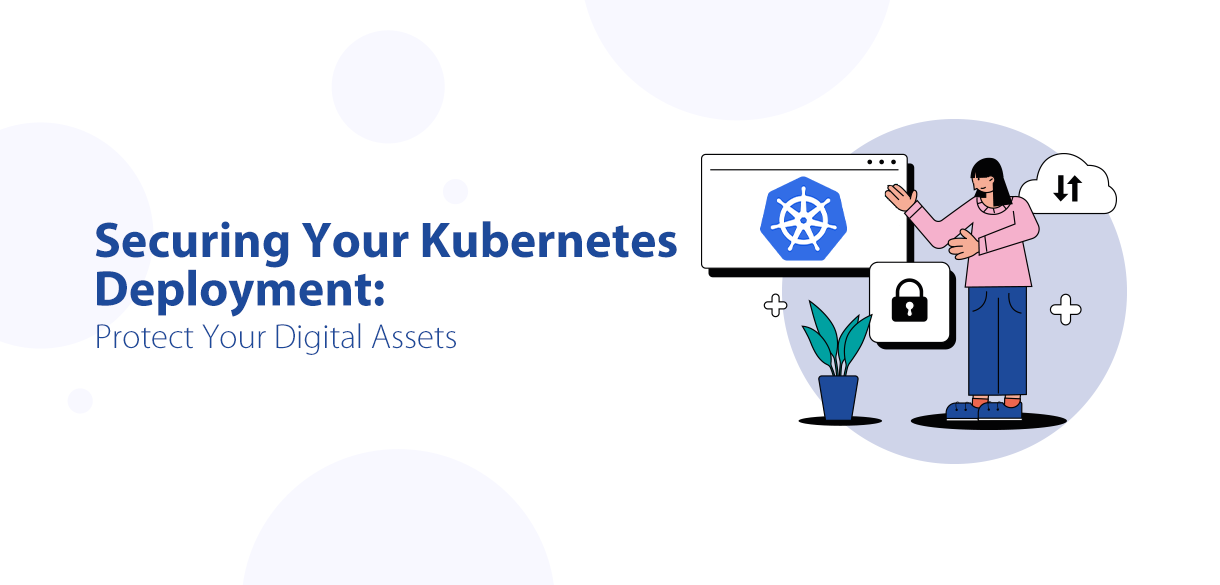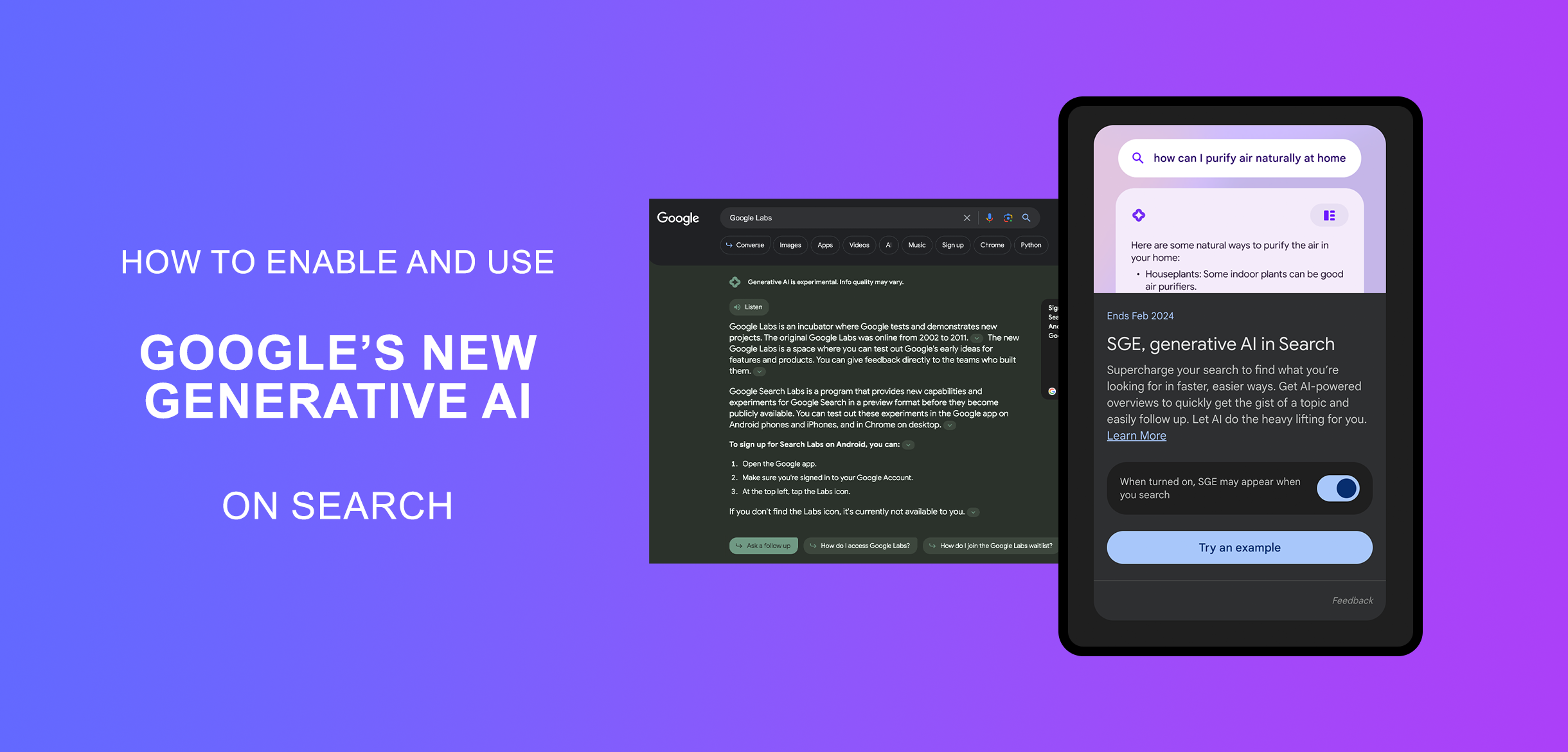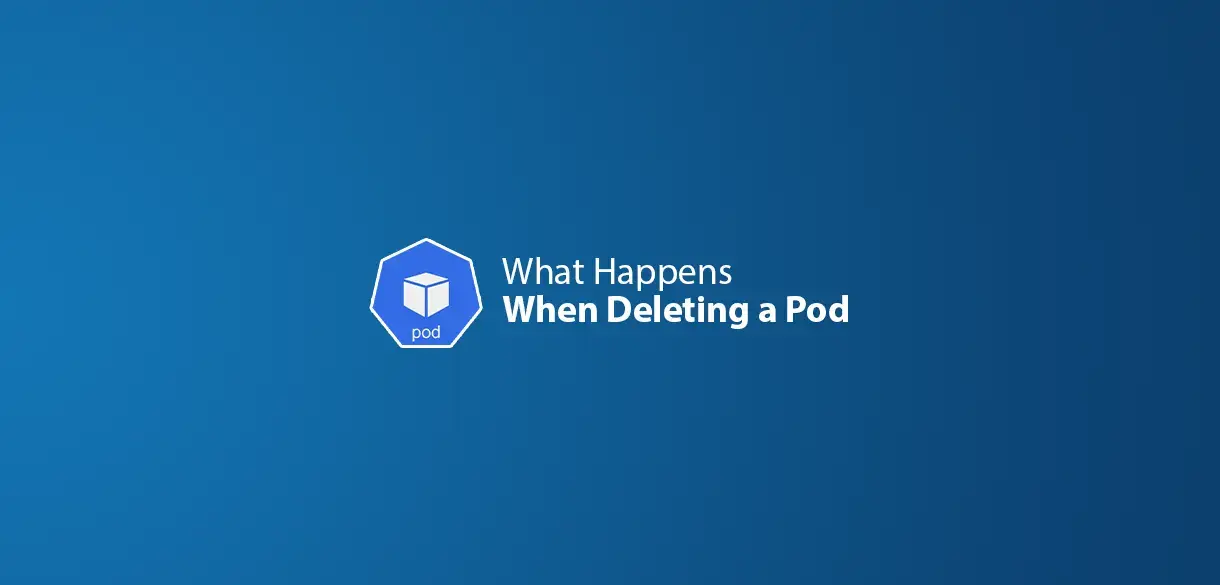Remember when connecting different software applications meant weeks of custom coding and endless troubleshooting? Well, we're facing a similar challenge with AI today. But this time, there's a better solution on the horizon: Model Context Protocol, or MCP.
So, what exactly is MCP?
Model Context Protocol is Anthropic's answer to a growing problem in the AI world. Right now, AI assistants like ChatGPT or Claude are incredibly smart, but they're also pretty isolated. They can't access your files, check your databases, or integrate with your company's tools. It's like having a brilliant consultant who's locked in a room with no internet connection.
MCP changes that. Think of it as a secure bridge that lets AI assistants safely access external data and tools while keeping you in complete control of what they can see and do.
Why Should You Care?
Here's the thing – AI is getting really good at understanding and processing information, but it's still limited to whatever data it was trained on. Your business runs on real-time data, live systems, and constantly changing information. MCP is what connects those two worlds.
Imagine asking an AI assistant: "How did our website perform last week?" and actually getting real data from your analytics tools instead of a generic response about website metrics. That's the power of MCP.
How Does It Actually Work?
The technical setup is surprisingly straightforward. MCP uses what developers call a client-server model:
- The MCP Server sits between your data/tools and the AI
- The AI (MCP Client) makes requests through this server
- The Protocol ensures everything communicates securely
It's like having a translator who not only speaks both languages but also checks IDs at the door.
Real Examples That Make Sense
Let’s get practical. Here are some ways people are already using MCP:
- For Content Teams: "Update our product documentation with the latest feature changes" – the AI could access your development repositories, understand what changed, and draft updated documentation automatically.
- For Business Operations: "Show me which customers might be at risk of churning this month" – the AI could analyze your CRM data, support tickets, and usage patterns to identify warning signs.
The DevOps Angle
If you're working in DevOps, MCP is particularly exciting. We deal with so many different tools – monitoring systems, CI/CD pipelines, cloud platforms, ticketing systems. Usually, getting these to work together means building custom integrations or switching between multiple dashboards.
With MCP, an AI assistant could become your unified interface. Need to check system health? Deploy a hotfix? Investigate an incident? One conversation could handle all of that, with the AI safely accessing whatever tools it needs through MCP servers.
What Makes This Different?
You might be thinking, "Isn't this just another API?" Not quite. MCP was designed specifically for AI interactions, which means:
- Smart Resource Discovery: The AI can figure out what data sources are available
- Dynamic Tool Usage: It can use tools in ways that weren't pre-programmed
- Context Awareness: It understands relationships between different data sources
- Built-in Security: Permissions and access controls are part of the protocol
The Future is Starting Now
Here's what's really exciting – we're still in the early days. The companies and teams that start experimenting with MCP now are going to have a huge advantage. While others are still copying and pasting between tools, they'll have AI assistants that can work seamlessly across their entire tech stack.
Think about how APIs transformed software development in the 2000s, or how containers changed deployment in the 2010s. MCP feels like it could be that kind of foundational shift for AI integration.
The Bottom Line
MCP isn't just another tech acronym to add to your vocabulary. It's the missing piece that could finally make AI assistants truly useful for real work. Instead of being impressive but isolated, AI could become integrated into how we actually get things done.
The future of AI integration isn't about replacing human expertise – it's about augmenting it. And MCP is the protocol that's going to make that happen.
Whether you're a developer, a DevOps engineer, or just someone who works with data and tools every day, MCP is worth paying attention to. The AI revolution everyone's been talking about? It's not just coming – it's here, and it speaks MCP.



